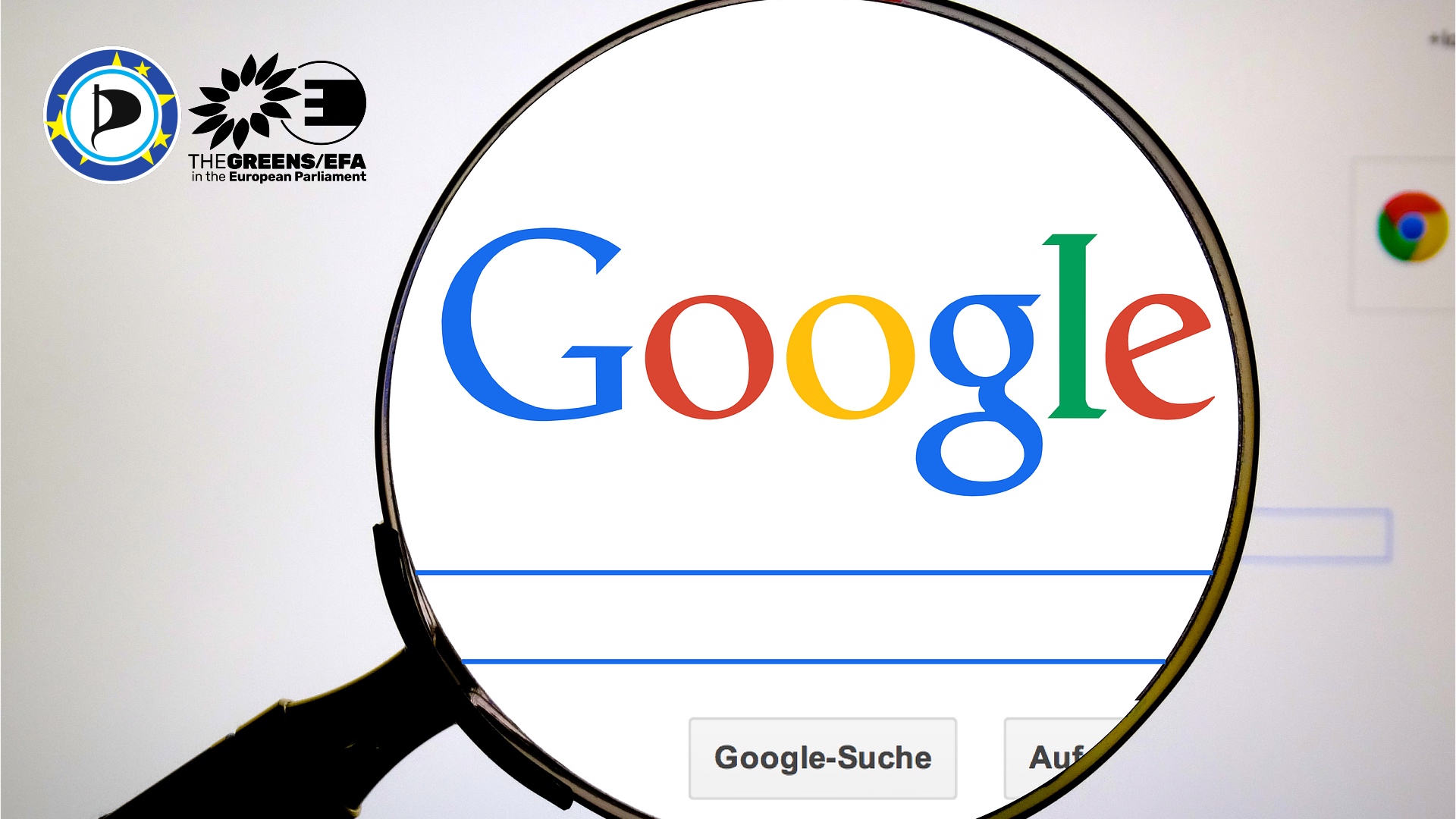7+3 reasons, why there is a problem there!
Google is a big company. The internet search engine has grown into a technology giant, doing business in almost every IT sector – from email to digital advertising to cloud solutions.
That alone wouldn’t be a problem. If someone has a quality product, it is clear that many people will use it. And Google has quality products.
The problem starts with the concentration of power that can cause Google to unfairly trip its competitors up. Moreover, Google’s omnipresence allows it to combine personal data from different services. As a result, it knows virtually everything about its users.
Why is the concentration of power with Google a problem?
- Domination on the market with online search and possibility to influence at the individual level what is displayed to whom (Google Search).
- Enormous volume of data from billions of smartphones and power over which apps can be installed and which on the other hand cannot be uninstalled (Google Android).
- Detailed knowledge of activities of the population on a large portion of websites (Google Analytics).
- Strong position in the internet advertising, even stronger in future due to the decision on part of Google to block cookies of third parties and to replace them with its own solution FLoC (Federated Learning of Cohorts).
- Control of development of majority of web browsers, including Mozilla and Edge (Chromium).
- Small army of lobbyist and lawyers in Brussels and elsewhere, whose main objective is to maintain the status quo.
- Google services are used more and more commonly by state – misuse or theft of data can therefore impact national security.
The fact is that Google not only balances on the edge of the existing laws but it has often gone over it, as evidenced by lawsuits and regulatory interventions by the European Commission in recent years:
- In 2017, the Commission fined Google €2.4 billion for favouring its other product, Google Shopping, in its own search. And while the display of competitor sites was subject to Google’s standard rules (for example, these sites dropped in search results if people didn’t click on them too often), Google Shopping was not. Google appealed the ruling.
- Another fine of €4.3 billion concerned Android. Google forced smartphone manufacturers not to install any search engine other than Google Search and any browser other than Chrome on Android phones.
- The third fine from the Commission amounted to €1.49 billion. Google banned sites that used its search engine from displaying at the same time ads other than Google AdSense.
These three cases have one thing in common: Abuse of dominant position in one sector (search, operation systems) to gain an unfair advantage in another (online shopping, web browsers, digital advertising). Such practices harm not only Google’s competitors, but also us, the users who are denied choice as a result of this monopolisation.
There are more lawsuits and investigations still ongoing – not only in the EU, but also in America. We can also mention Google’s creative accounting, which enables it to avoid a large part of corporate taxes through the use of tax havens.
To a certain extent, Google’s monopoly is a natural phenomenon resulting from the ‘network effect’. This is typical of the online environment and means that the more people use a product, the greater the value of that product. But it is all the more important to ensure that Google and other online giants do not abuse their position.
Comprehensive change to the rules for the digital market is the ambition of the new proposals from the pen of the European Union, the Digital Services Act and the Digital Markets Act. My aim is to open up digital markets to new players and give users more control over their data.
I don’t dispute that Google is behind a lot of brilliant technology solutions. But we need to ensure thatthe driving force of innovation does not become its holdout.


0 comments on “IS THE DRIVING FORCE OF INNOVATION BECOMING A HOLDOUT OF DEVELOPMENT? LET’S TALK ABOUT GOOGLE”